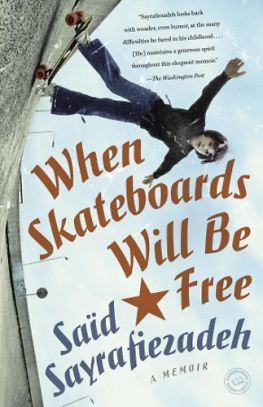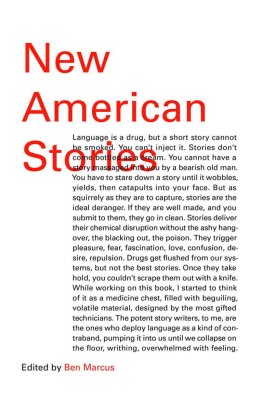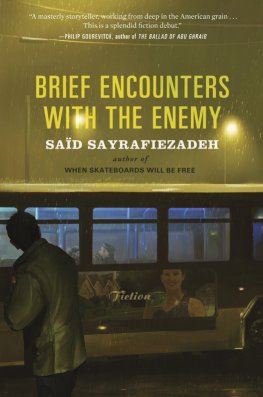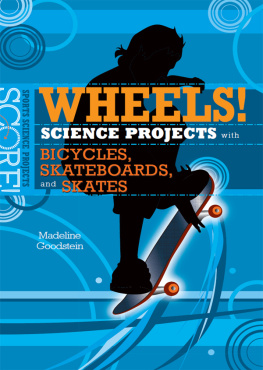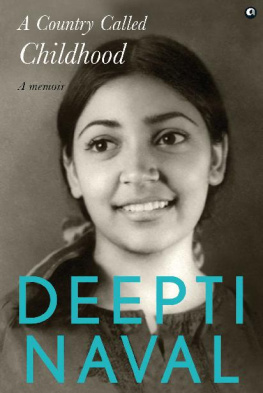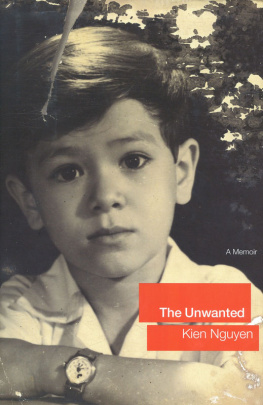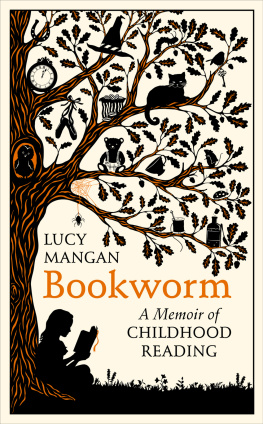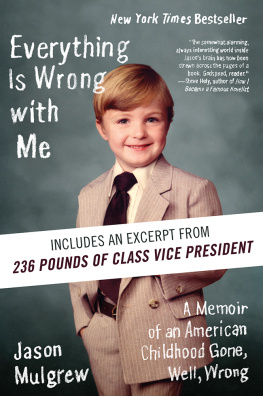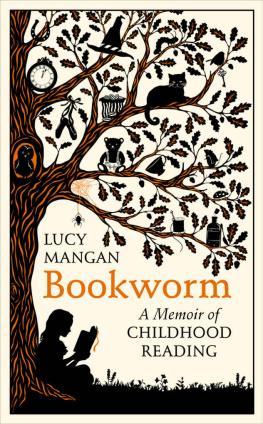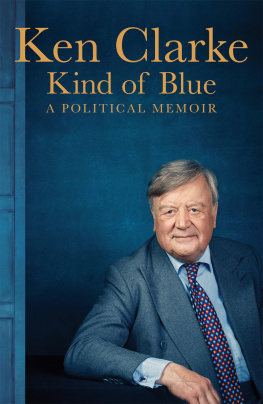Said Sayrafiezadeh - When Skateboards Will Be Free: A Memoir of a Political Childhood
Here you can read online Said Sayrafiezadeh - When Skateboards Will Be Free: A Memoir of a Political Childhood full text of the book (entire story) in english for free. Download pdf and epub, get meaning, cover and reviews about this ebook. year: 2009, publisher: The Dial Press, genre: Non-fiction. Description of the work, (preface) as well as reviews are available. Best literature library LitArk.com created for fans of good reading and offers a wide selection of genres:
Romance novel
Science fiction
Adventure
Detective
Science
History
Home and family
Prose
Art
Politics
Computer
Non-fiction
Religion
Business
Children
Humor
Choose a favorite category and find really read worthwhile books. Enjoy immersion in the world of imagination, feel the emotions of the characters or learn something new for yourself, make an fascinating discovery.
- Book:When Skateboards Will Be Free: A Memoir of a Political Childhood
- Author:
- Publisher:The Dial Press
- Genre:
- Year:2009
- Rating:3 / 5
- Favourites:Add to favourites
- Your mark:
- 60
- 1
- 2
- 3
- 4
- 5
When Skateboards Will Be Free: A Memoir of a Political Childhood: summary, description and annotation
We offer to read an annotation, description, summary or preface (depends on what the author of the book "When Skateboards Will Be Free: A Memoir of a Political Childhood" wrote himself). If you haven't found the necessary information about the book — write in the comments, we will try to find it.
When Skateboards Will Be Free: A Memoir of a Political Childhood — read online for free the complete book (whole text) full work
Below is the text of the book, divided by pages. System saving the place of the last page read, allows you to conveniently read the book "When Skateboards Will Be Free: A Memoir of a Political Childhood" online for free, without having to search again every time where you left off. Put a bookmark, and you can go to the page where you finished reading at any time.
Font size:
Interval:
Bookmark:

Table of Contents
To Karen Mainenti and Steven Kuchuck
for their optimism
M Y FATHER BELIEVES THAT THE United States is destined one day to be engulfed in a socialist revolution. All revolutions are bloody, he says, but this one will be the bloodiest of them all. The working classwhich includes mewill at some point in the not-so-distant future decide to put down the tools of our trade, pour into the streets, beat the police into submission, take over the means of production, and usher in a new epochthe final epochof peace and equality. This revolution is not only inevitable, it is imminent. It is not only imminent, it is quite imminent. And when the time comes, my father will lead it.
Because of such urgency I do not see my father very often. This despite the fact we both live in New York City. Weeks pass. Months pass. Then a year. At times I will begin to wonder if I will ever hear from him again, but just as I do, a postcard will arrive from Istanbul, or Tehran, or Athens, or Minneapolis, where he has gone to attend this or that conference or to deliver this or that speech. The weather is beautiful here, he will write in enormous swirling optimistic cursive that fills the white space, leaving room to say nothing more.
Weve had our moments, though, over the years. My eighteenth birthdaythe first time we had been together for any of my birthdaysmy father astounded me by giving me a Walkman, by far the most expensive present Id ever received. Then for my nineteenth birthday I stayed an entire week with him and his wifehis second wifetaking photographs, watching movies on the VCR, and playing Scrabble late into the night, where, even though my father is Iranian and English is his third language, he beat me nearly every time. We also took a long walk one Sunday afternoon, just him and me, to the aquarium at Coney Island, sitting side by side in the winter air while we watched as a walrus swam back and forth in its cement pond. Later at the caf I was so nervous about being on my best behavior that I knocked over an entire cup of coffee onto his lap. Sorry, Pop. Sorry. Sorry. Sorry. And every Sunday morning during my freshman year in college he would call to ask if he could help answer any questions I might be having with Algebra 101. He is a professor of mathematics, after all.
But first and foremost my father is a membera comrade of the Socialist Workers Party. He is a leading comrade, in fact, and has been for almost all my life. The responsibilities he chooses to undertake include, but are not limited to, editing books, writing articles, giving speeches, teaching political classes, attending book sales, demonstrations, rallies, meetings, conferences, picket lines By the time I was in my early twenties my father had again begun to disappear behind this massive workload of revolution, and his phone calls grew increasingly infrequent until they ceased altogether, and our joyful reunions became more like occasional punctuation marks in long paragraphs of silence.
One summer night, when I was twenty-seven years old, I took my girlfriend to Film Forum in the West Village to watch a documentary on Che Guevara. When the movie was over, I came out of the theater to see my father standing on the sidewalk behind a table with an array of books published by Pathfinder Press, the publishing house of the Socialist Workers Party. Che Guevara Speaks. Che Guevara Talks to Young People. The History of the Russian Revolution. Imperialism: The Highest Stage of Capitalism. A handwritten banner was draped over the front of the table with a quote by Castro that read There will be a victorious revolution in the United States before there will be a victorious counterrevolution in Cuba. In my fathers hand, displayed for all to see, was that weeks issue of The Militant.
Sidsky! my father called out, using his invented Russified diminutive of my name, which has never failed to endear him to me.
Pop! I said.
How was the movie, Sidsky?
I liked it, I said.
And my girlfriend, who cared little for politics and had never even heard of Che Guevara before I had told her about him, said, I liked it too.
I see, my father said, looking first at my girlfriend and then at me. It was obvious by the expression on his face that we had given the wrong answer. I thought of backtracking and adding qualifications to my opinion, but before I could think what those qualifications could be, he said, Lets have dinner tonight. What do you say? Theres a nice restaurant right around the corner.
I agreed, of course, wholeheartedly. The only hitch was that my father had to wait for the next showing of the documentary to let out, ninety minutes from now, and then he had to put all the unsold books away and fold up the table, so my girlfriend and I walked fourteen blocks through the West Village to my studio apartment to sit patiently by the phone, growing hungrier by the minute. And when my father finally called it was to say, sorry, a last-minute meeting had suddenly been scheduled, he could not see us tonight, but we would definitely do it again sometime soon, he promised, the three of us, soon.
Oh, I can tell youre disappointed! my girlfriend said, throwing her arms around me, kissing me.
No, Im not, I said, but I was.
And then the phone rang again, and it was my father again, but this time he was saying that the last-minute meeting had just been rescheduled, and, yes, he could have dinner now, right now, he was excited to see us, how soon could we be there? So my girlfriend and I hurried the fourteen blocks back through the Village to meet him at the nice restaurant around the corner from Film Forum, where we ate and drank our fill while he explained to us everything we had misunderstood about the movie.
Not long after that, I began to have feelings of claustrophobia around my girlfriend. We had been together for just one year, but all the excitement had worn away. I cringed at her affection. When she would ask if I had missed her after a few days apart, I would cruelly delight in telling her I had not. I broke up with her finally in front of Monets Water Lilies at the Museum of Modern Art for what was supposed to be the beginning of a fun-filled weekend at her parents house in upstate New York. And my father, almost about the same time, divorced his second wife of ten years. But while I remained single, unable to summon the courage to ask anyone out, sitting alone in the front row of Film Forum every weekend with regret, he had begun to date with gusto, beginning with a twenty-eight-year-old comrade from the party.
When I saw him next, it was in his new apartment in Brooklyn, shabby and unpainted, but I knew he didnt care. The apartment had a hollow, empty, unlived-in feel, like he was just moving in or just moving out. The reality was that he had already been there six months. There was hardly anything in the place except for a large desk in the living room littered with memorandums from the Socialist Workers Party. And next to the desk was a plant about to die. Next to the plant were two bookcases. One filled with forty-five volumes of the collected works of Lenin, including letters to relatives. And the second with forty-nine volumes of the collected works of Marx and Engels, also with letters to relatives. These had been given to him by his second wife one Christmas when times were still good. I remembered that Christmas. I had been there for it. Standing in the dim light next to the dying plant, I wondered if he had had the chance yet to read every volume. I wondered if I should read every volume.
My father abandoned me when I was nine months old, and with only a few exceptions I did not see or hear from him for eighteen years. Mahmoud went off to fight for a world socialist revolution, my mother would tell me with proud determination when I was a little boy. Mahmoud. The name always sounded so ornate, so exotic, coming from my mothers mouth, and it emphasized the fact that my name was also exotic, while my mother was Martha Harris (ne Finkelstein), a Jewish American, born and raised in the small town of Mount Vernon, New York. The divisons and allegiances, therefore, were various.
Next pageFont size:
Interval:
Bookmark:
Similar books «When Skateboards Will Be Free: A Memoir of a Political Childhood»
Look at similar books to When Skateboards Will Be Free: A Memoir of a Political Childhood. We have selected literature similar in name and meaning in the hope of providing readers with more options to find new, interesting, not yet read works.
Discussion, reviews of the book When Skateboards Will Be Free: A Memoir of a Political Childhood and just readers' own opinions. Leave your comments, write what you think about the work, its meaning or the main characters. Specify what exactly you liked and what you didn't like, and why you think so.

